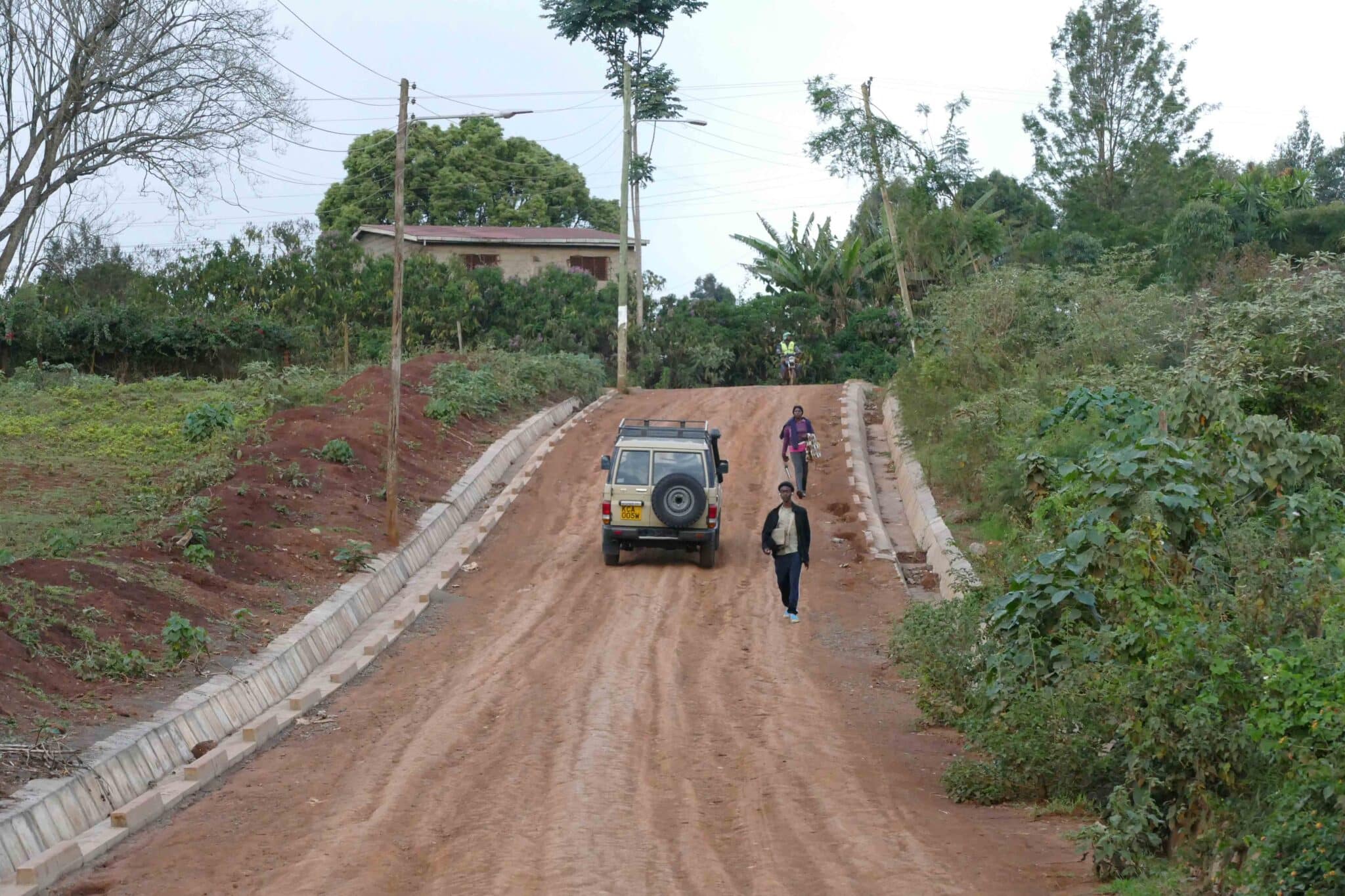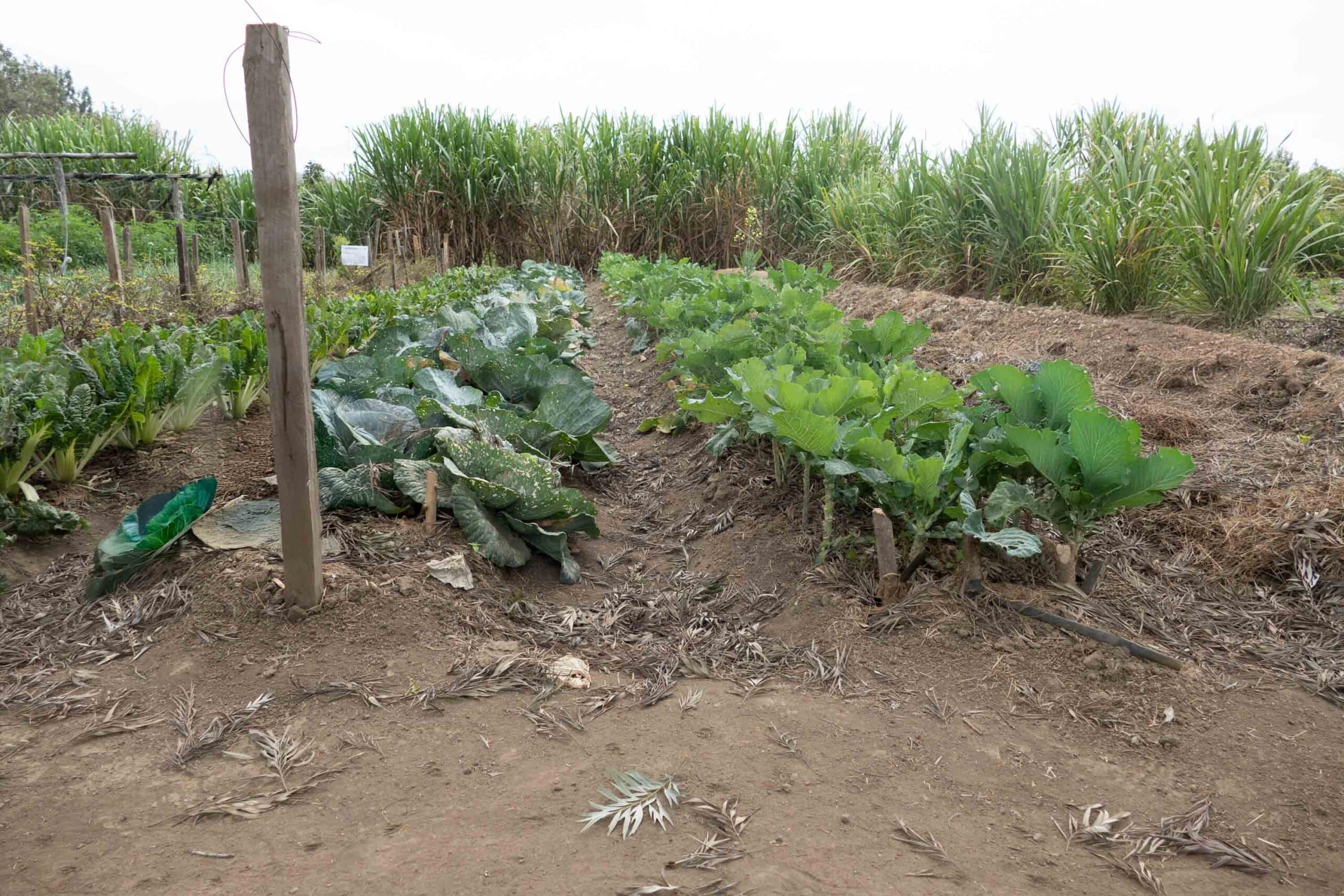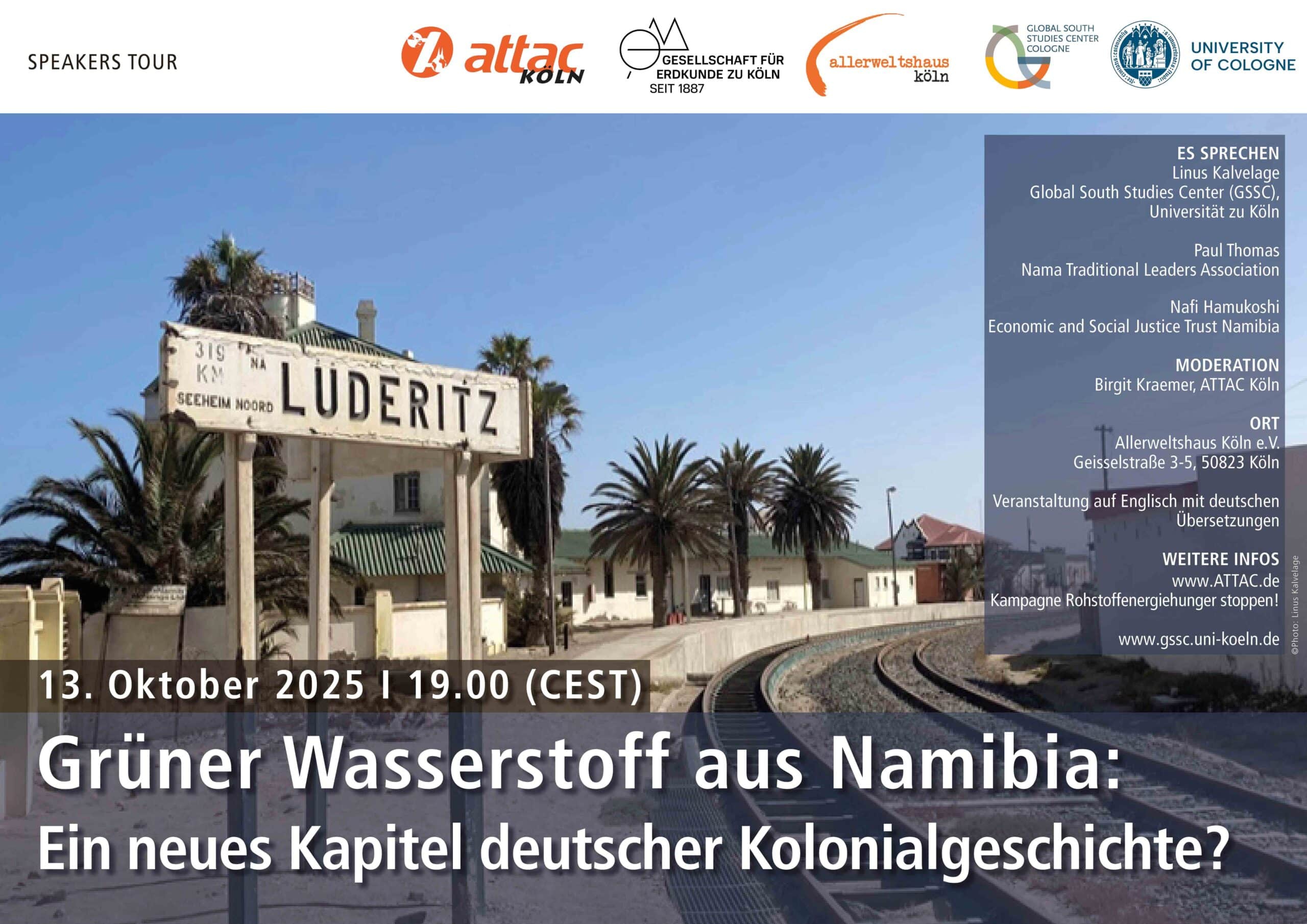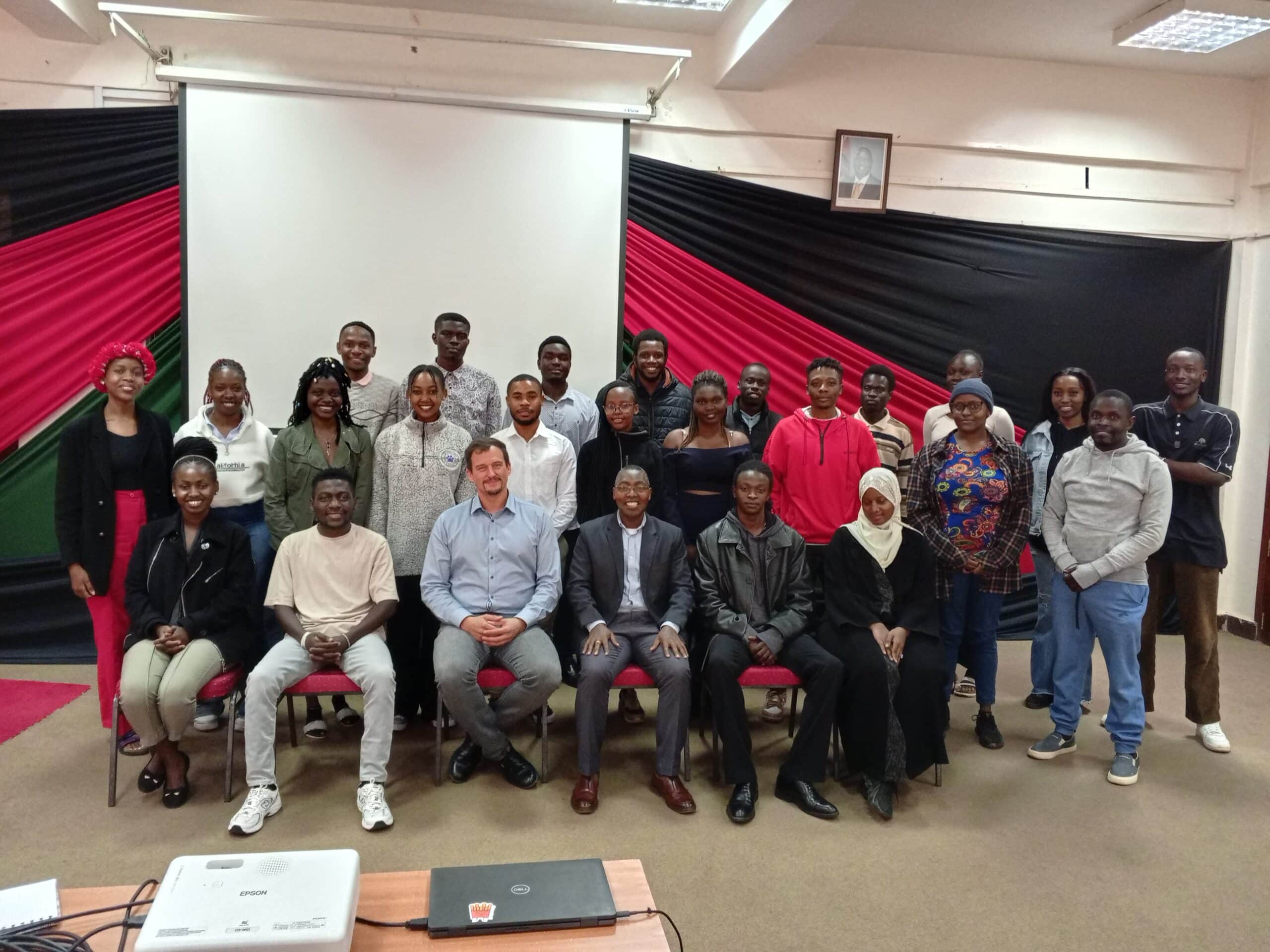In this publication, Valentine Opanga, associate of Future Rural Africa Project C03 “Green Futures” explores how green urbanism—often promoted globally as a solution for sustainable cities—is interpreted, adapted, or resisted within two informal settlements in Nairobi: Korogocho and Pumwani-Majengo. Using a feminist and postcolonial lens, the study reveals that state-led greening efforts can reinforce inequalities and displace residents, while grassroots practices like urban farming reflect locally grounded, justice-oriented forms of environmental action. The article challenges dominant narratives of green urbanism by highlighting the everyday politics and agency of informal settlement residents in shaping alternative sustainability practices.
Negotiating green urbanism: Colonial legacies, governance contradictions, and resistance in Nairobi’s informal settlements
By Valentine Opanga
Abstract
Green urbanism is increasingly promoted as a pathway to sustainable and inclusive cities, yet its implementation in informal settlements remains highly contested in development policy and academic debates. This article examines how green urbanism is imagined, politicised, and contested within two informal settlements in Nairobi: Korogocho and Pumwani-Majengo. Drawing on 45 semi-structured interviews, six focus group discussions, and a review of policy documents, the study employs a mixed-methods approach rooted in Feminist Urban Political Ecology, Postcolonial Urbanism, and Travelling Models. Instead of assuming a unified global sustainability narrative, we demonstrate how international greening agendas are selectively interpreted, reworked, or resisted. Findings reveal that state-led greening initiatives, often aligned with global frameworks, can reinforce spatial inequality, displace low-income residents, and obscure colonial-era land injustices. Simultaneously, grassroots actors engage in context-specific greening practices such as urban farming and dumpsite reclamation, driven by survival and care, highlighting forms of environmental agency that challenge dominant models. This article advances debates in urban political ecology by offering a situated, empirically grounded analysis of how global green urbanism agendas are locally interpreted, reworked, and resisted within Nairobi’s informal settlements. It demonstrates how grassroots actors in these spaces produce hybrid forms of urban sustainability that simultaneously challenge top-down technocratic planning and disrupt idealised, depoliticised narratives of community greening, foregrounding the everyday politics of survival, care, and justice.
Reference
Opanga, V. 2025. Negotiating green urbanism: Colonial legacies, governance contradictions, and resistance in Nairobi’s informal settlements. Urban Political Ecology, 0(0). DOI






